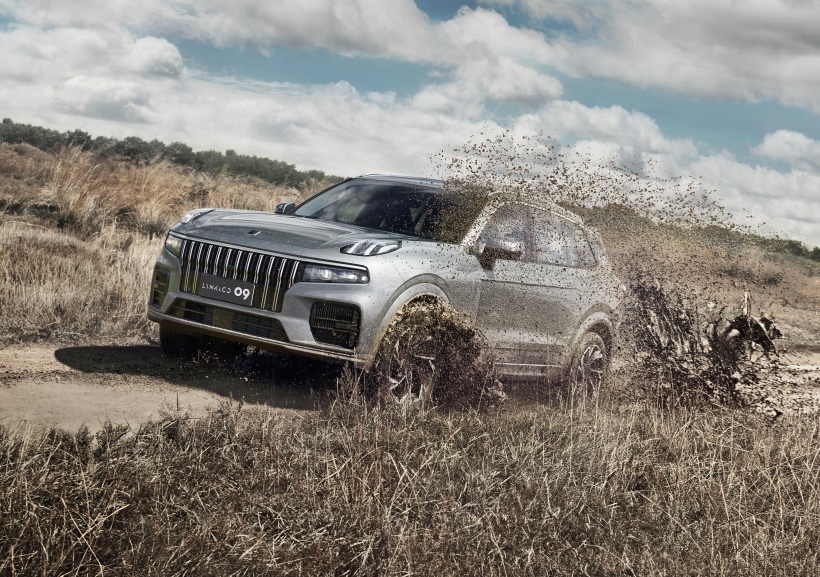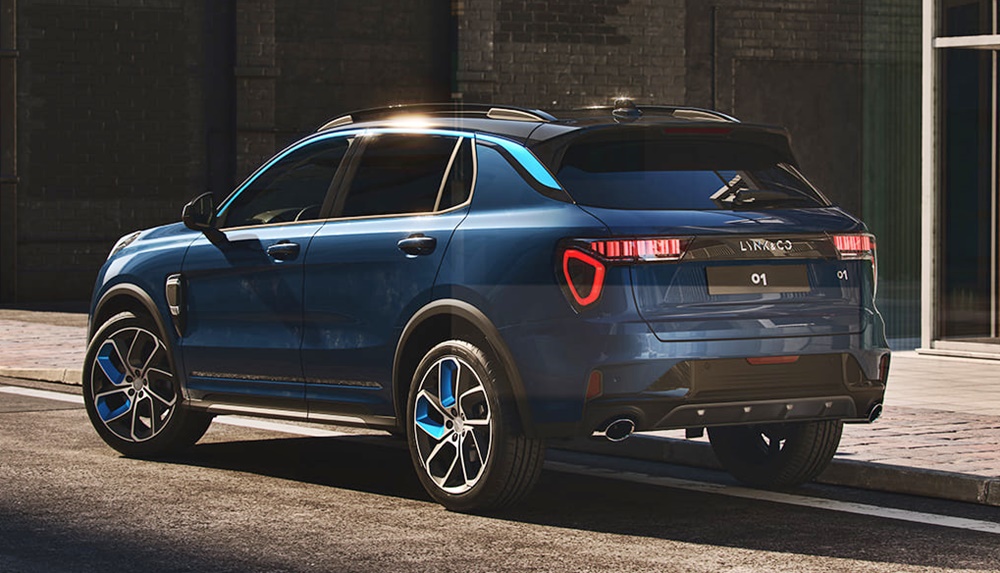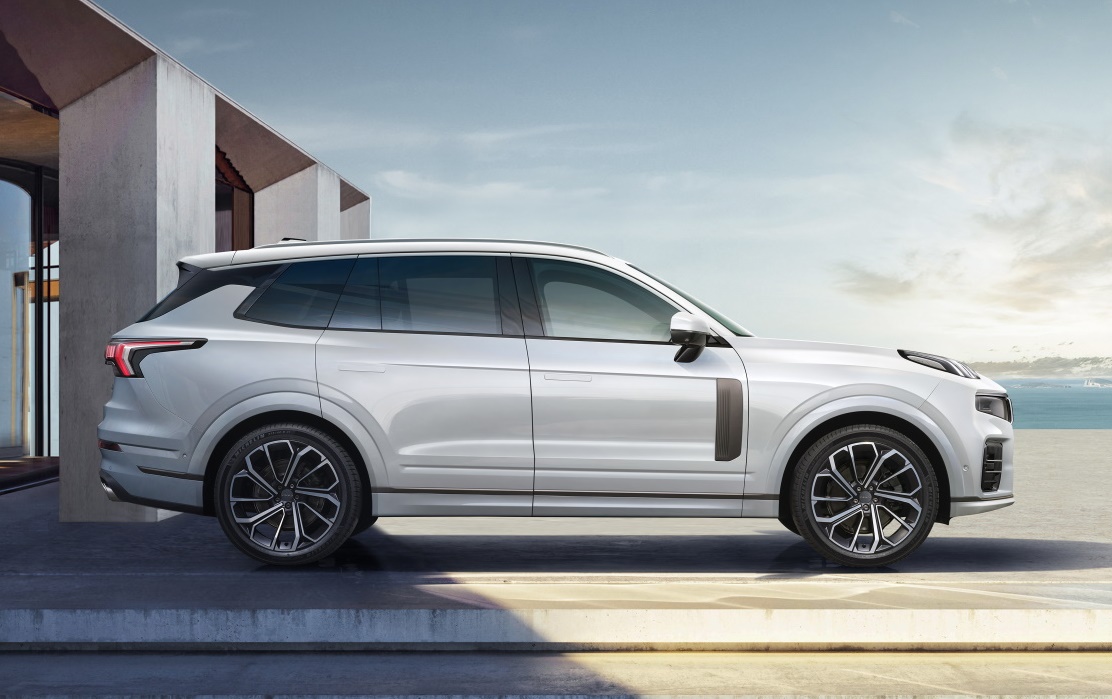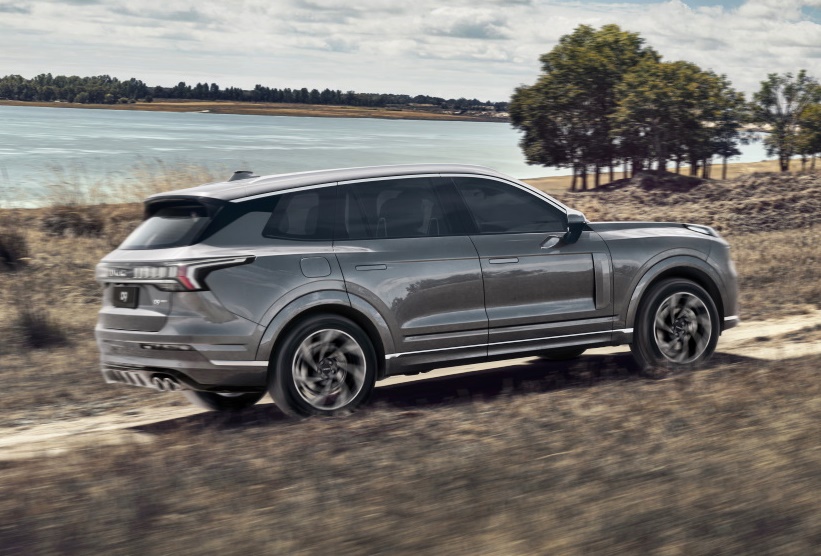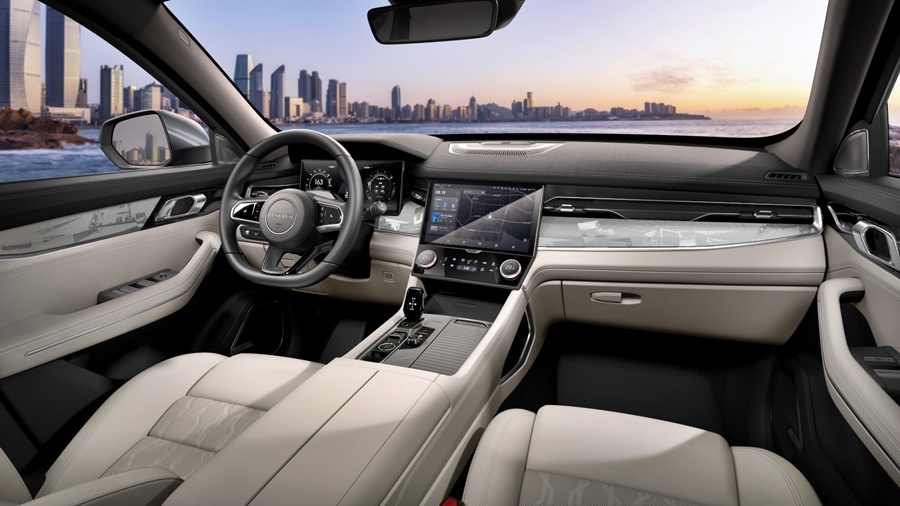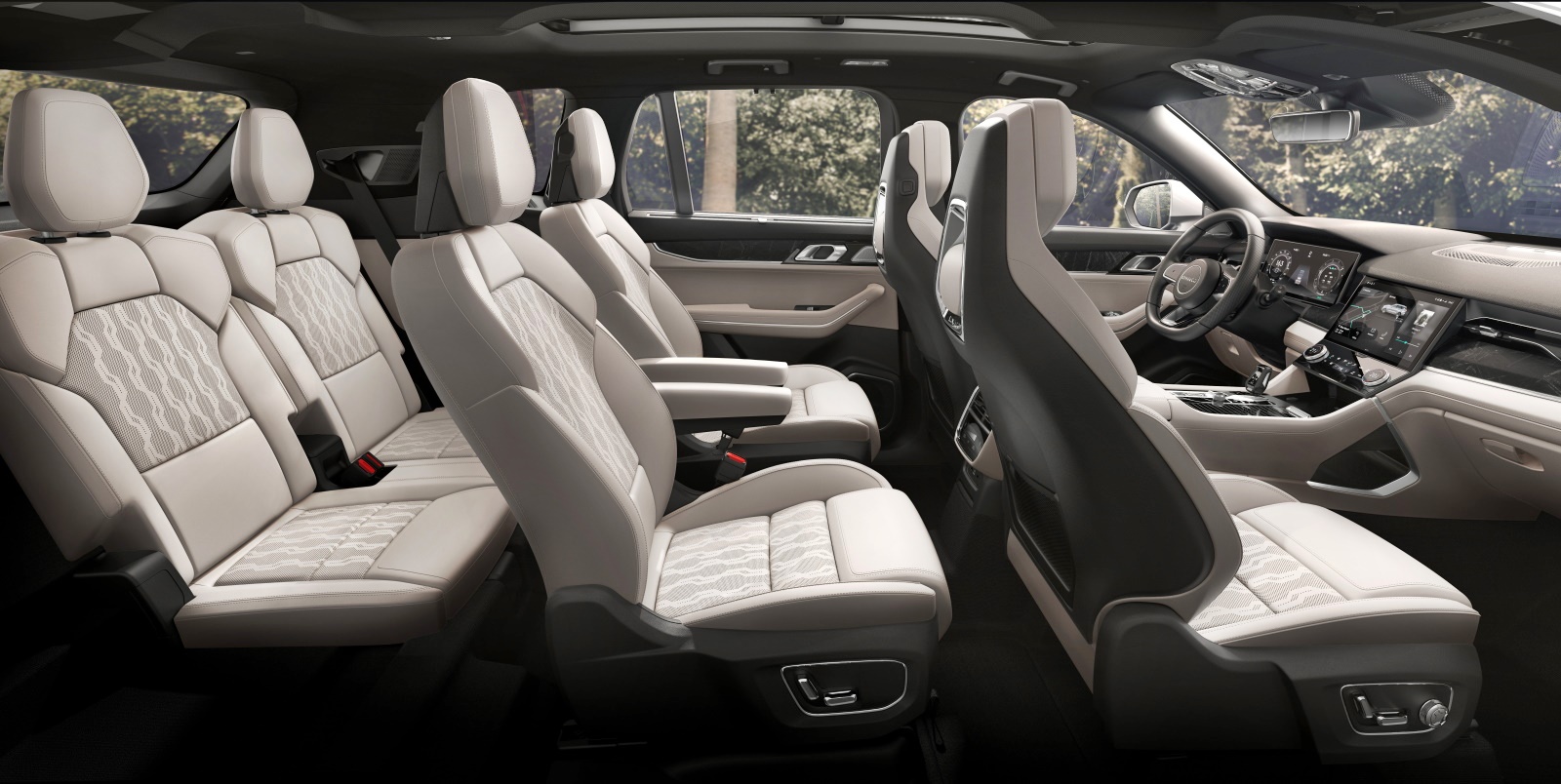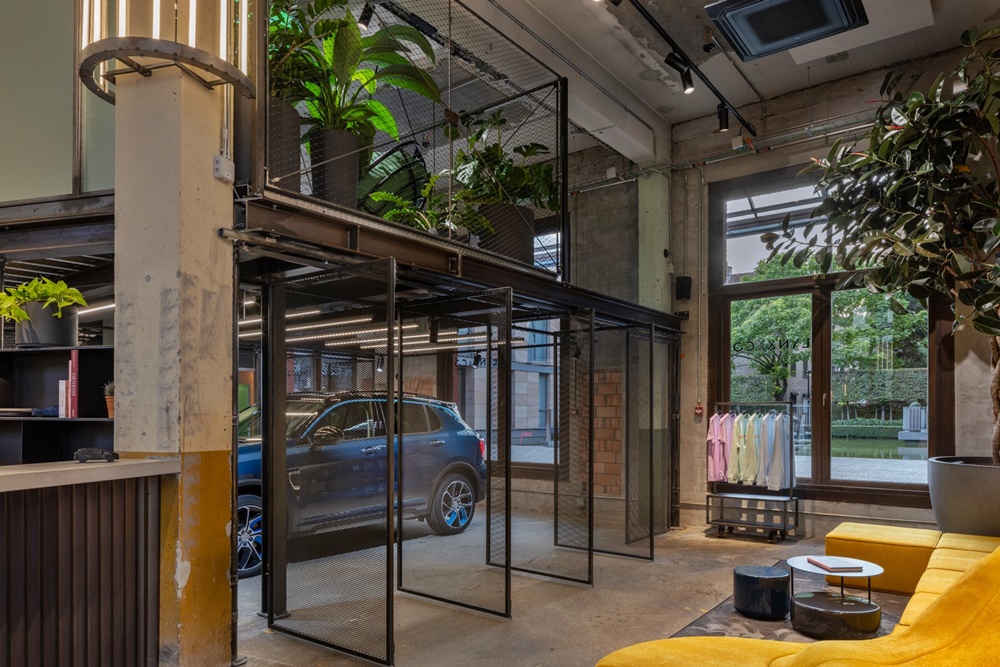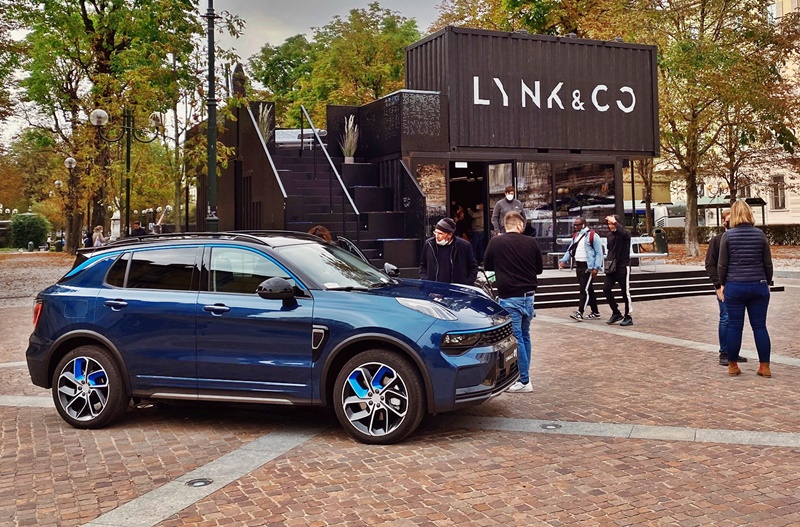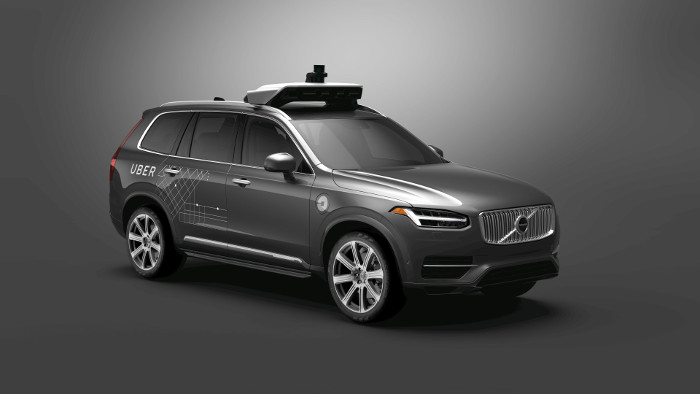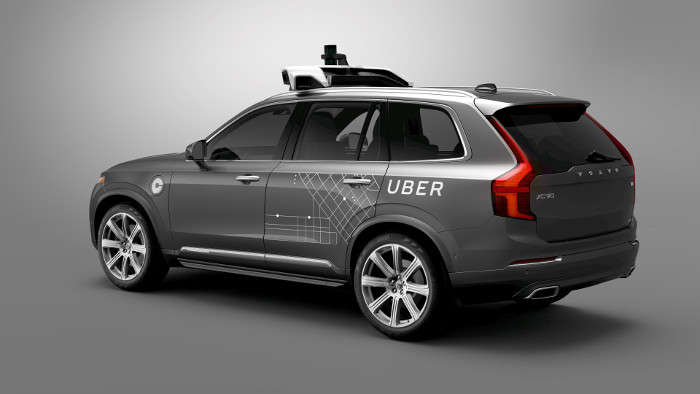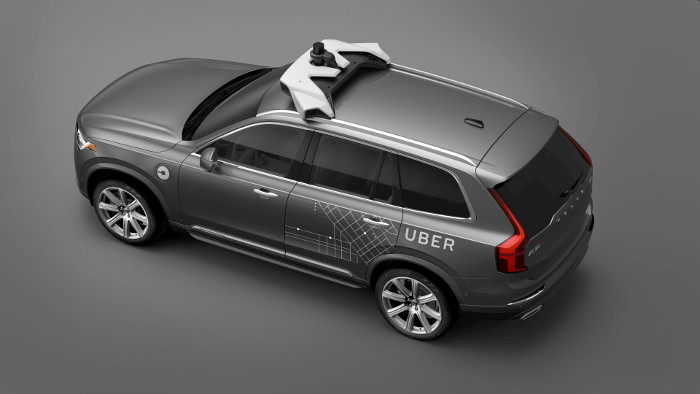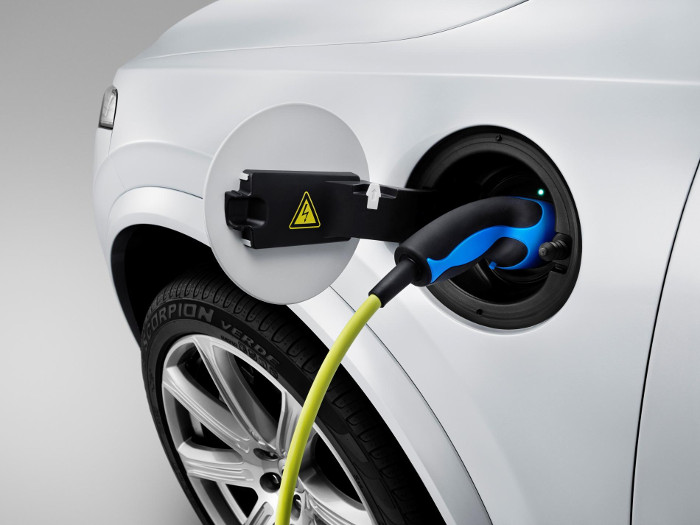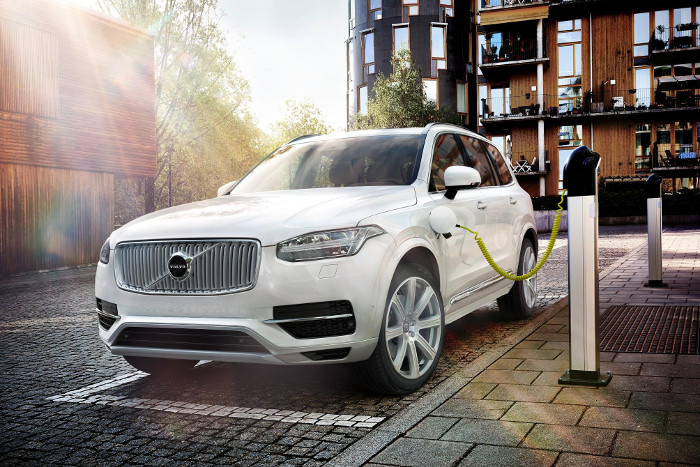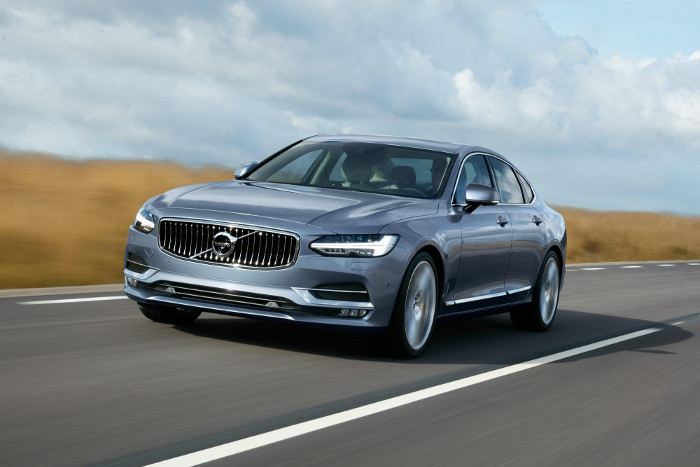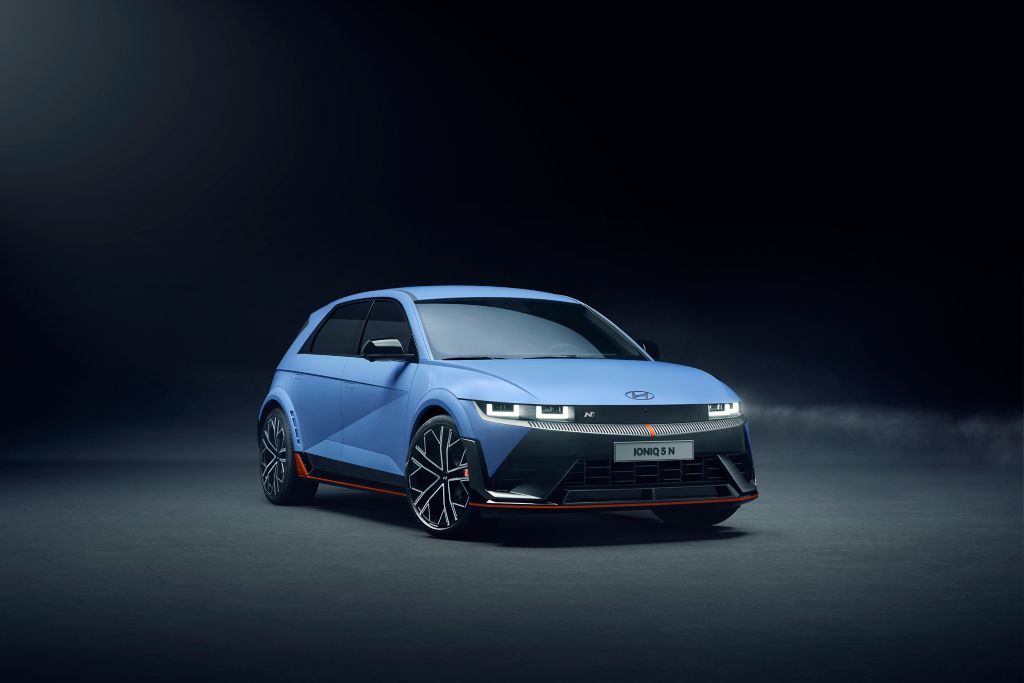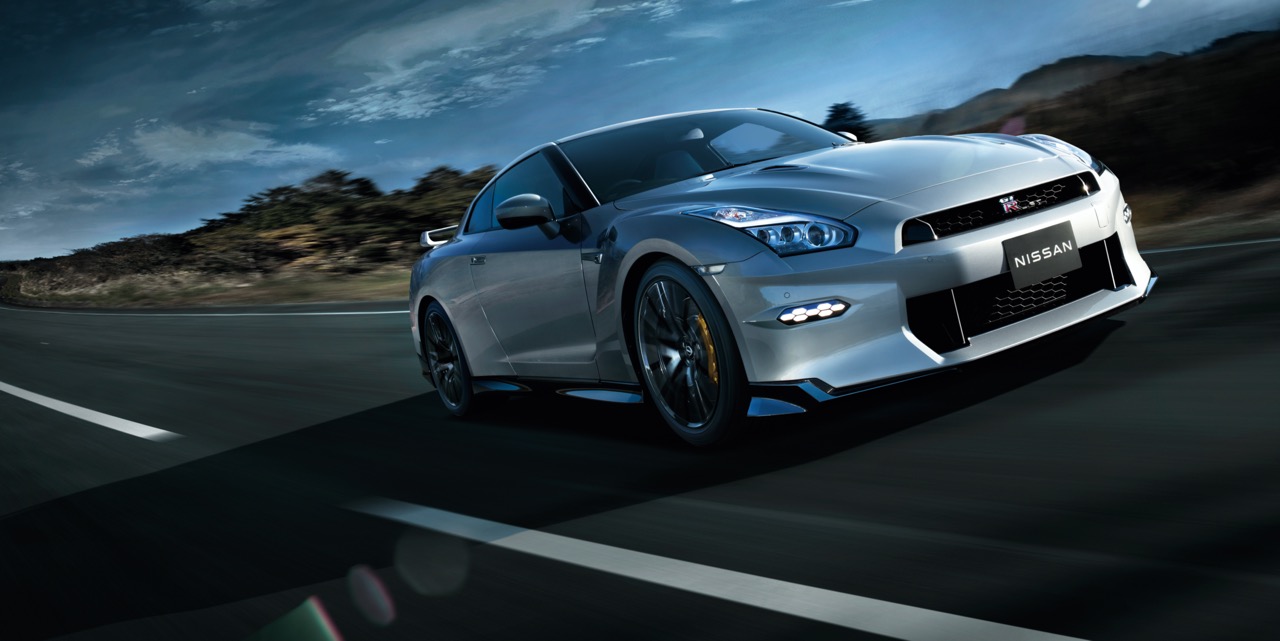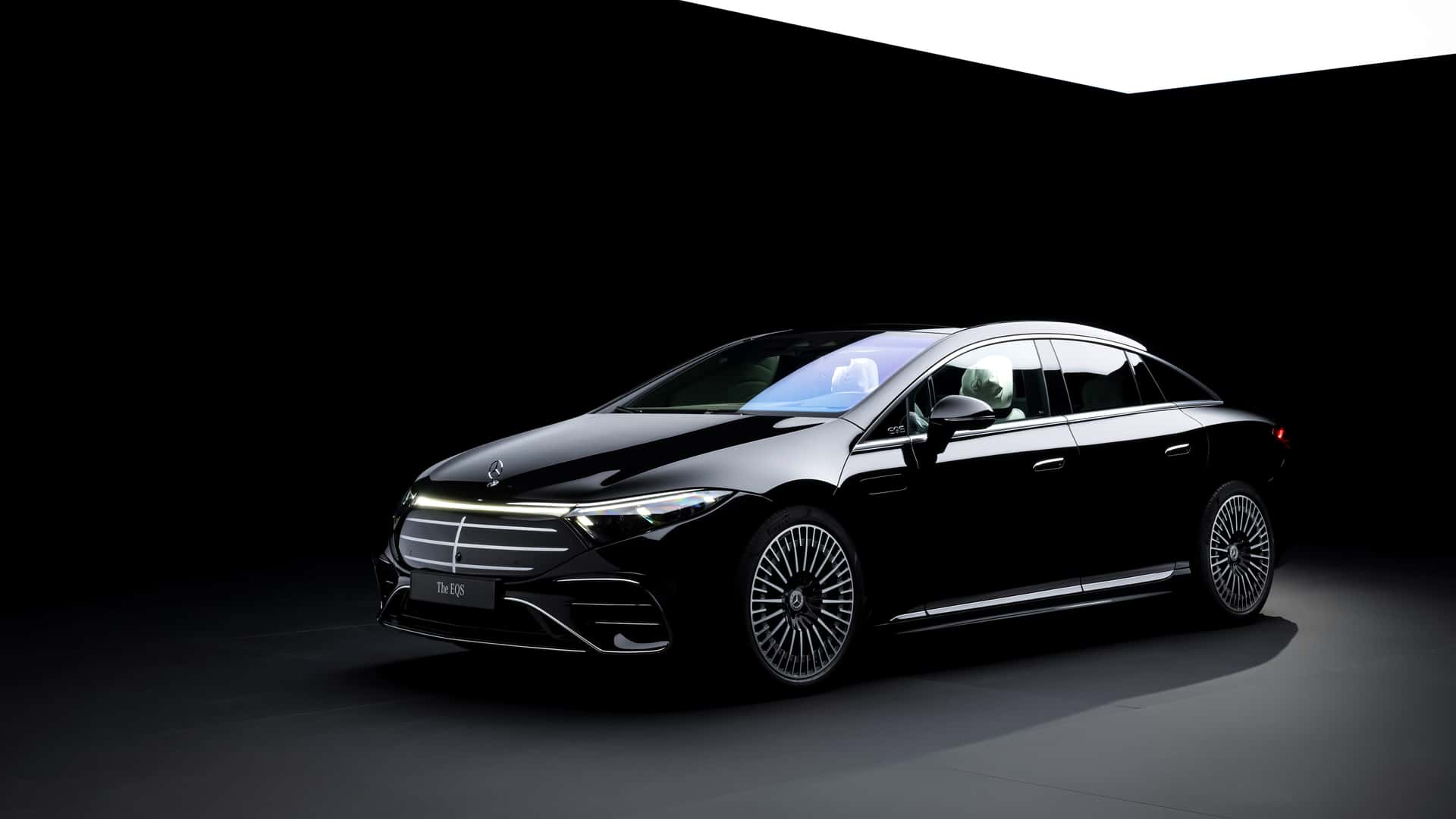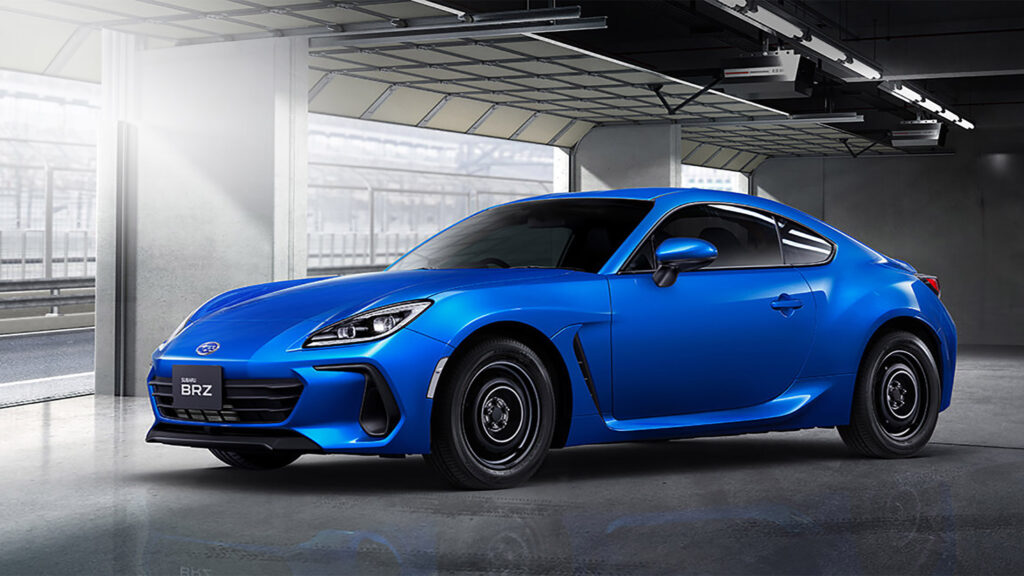Initially a ‘secret project’ between Geely Holding Group and Volvo Cars, Lynk & Co was revealed to the world at an event in Germany exactly 5 years ago. Not only was it a new premium brand but it also adopted a new business model appropriate to the internet era of shared experience and connectivity. Interacting directly with its users, the brand’s products are sold directly online and delivered straight to their doors. New and varied solutions for vehicle and mobility accessibility are offered – from traditional ownership and leasing, to mobility-based membership and sharing.
Nearly 600,000 vehicle users
Users are provided with an ever-expanding range of connected technologies in the vehicles, all aimed at making life easier. In just 5 years, Lynk & Co has accumulated nearly 600,000 vehicle users, with app registrations reaching an even higher number of 1.57 million. Average active monthly users on the app exceed half a million whilst average daily users have reached 120,000.
From the very beginning, all advanced modular architectures from Geely Holding and its subsidiaries have been developed from scratch to support electrification. As the first brand to utilize Geely Holding’s new generation of advanced modular architectures, electrified powertrain options are made available across Lynk & Co’s line-up.
Geely Group’s advanced architectures
The advanced architectures available have been the CMA (Compact Modular Architecture), BMA (B-Segment Modular Architecture) and SPA (Scalable Product Architecture). The 09 is SPA-based and as with the other models, it was designed in Gothenburg, Sweden and carries Lynk & Co’s ‘Megacity Contrast’ design concept. This concept is inspired by the lifestyle of youthful urbanites from megacities such as London, New York, Paris, Shanghai, and Tokyo, and offers users a bold and tech-laden mobility experience.
Brand’s first large SUV model
The 09 is the first large SUV from Lynk & Co and offers 6 or 7-seat accommodation. It is one of the first models to be available as a hybrid only – either with a mild-hybrid or plug-in hybrid, both powertrains using a 2-litre turbocharged engine, 8-speed automatic transmission and either front-wheel drive or all-wheel drive. Full details are not available yet but the 09 can be considered technically related to the latest Volvo XC90 which also uses SPA.
Since rolling out its first vehicles in 2017, Lynk & Co has delivered nearly 600,000 units. While it uses direct selling in China (through 319 sales and experience centres), its approach in Europe has been to establish ‘Lynk & Co Clubs’ where members and users meet, hang out, and share experiences. The Clubs, which represent a new first in industry ‘Mobility Membership’ business model, are presently in Belgium, Germany, Sweden and the Netherlands, with plans to expand into Spain, France and other countries in the near future.
The brand will appear in the Gulf region in the fourth quarter of 2021 and will begin Asian market expansion thereafter.
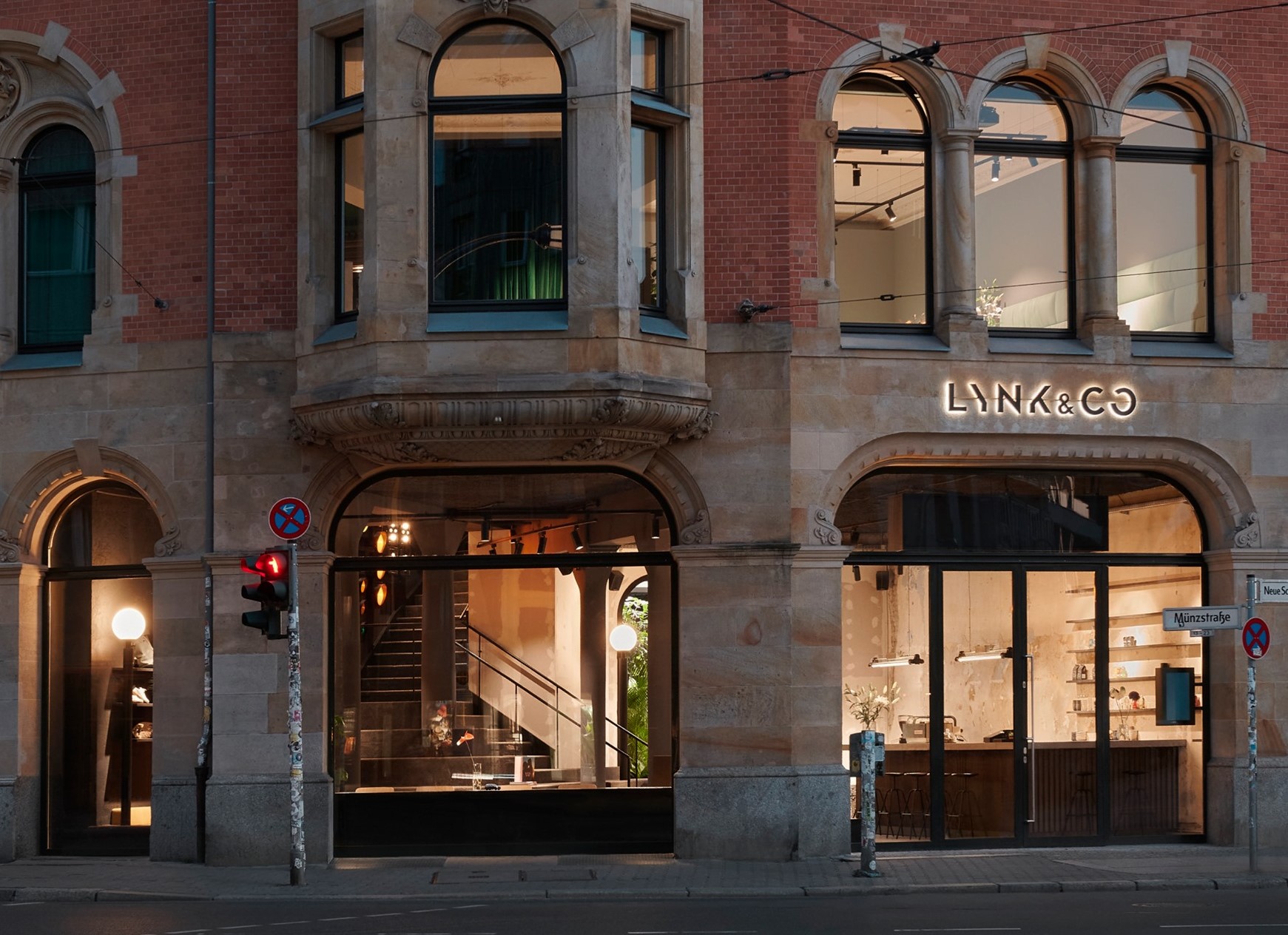
“Our end users aren’t just satisfied with a good product experience; they also demand a sense of participation and recognition. The boundary between a brand and its users is being eroded each day and we at Lynk & Co must continue to have direct communications with end users – this communication must be two-way, allowing users to have a say on our R&D, design, production, sales and service. Ultimately, understanding the user’s needs, wants and desires is key to our success both in China, and in Europe,” said Geely Auto Group CEO, An Cong Hui.
Lynk & Co 03+ Cyan Edition celebrates young brand’s racing successes in WTCR


